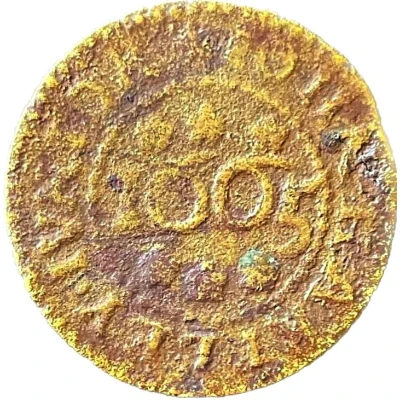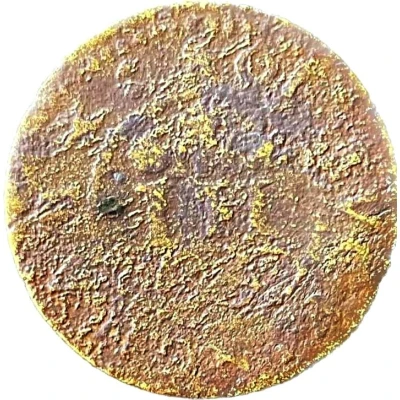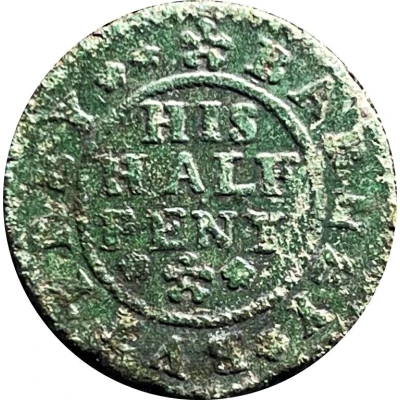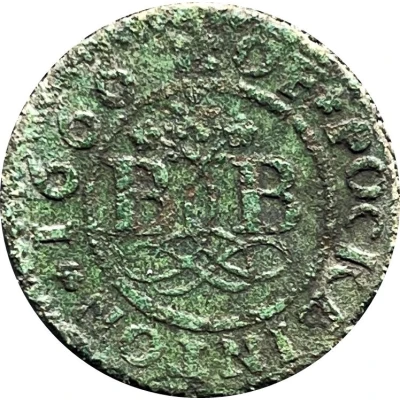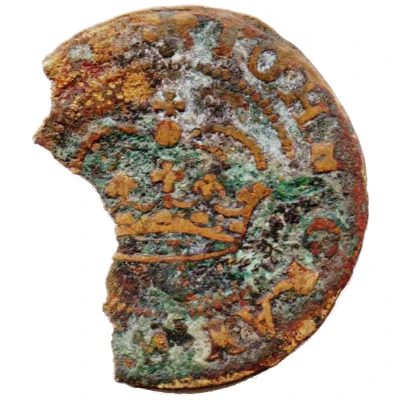
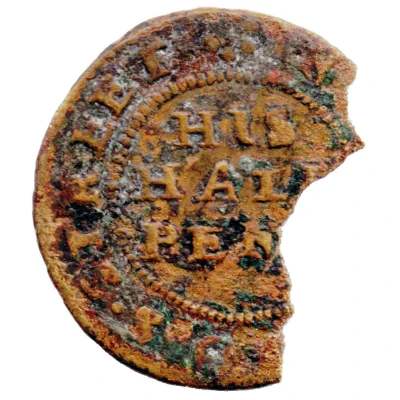

© numismaticroy
Halfpenny - London Whitecross St. / J. Gray ND
| Copper | 1.49 g | 20.52 mm |
| Issuer | England (United Kingdom, British Overseas Territories and Crown Dependencies) |
|---|---|
| Type | Token |
| Years | 1665-1670 |
| Value | ½ Penny (1⁄480) |
| Currency | English Trade Tokens (1648-72) |
| Composition | Copper |
| Weight | 1.49 g |
| Diameter | 20.52 mm |
| Thickness | 0.76 mm |
| Shape | Round |
| Orientation | Medal alignment ↑↑ |
| Demonetized | Yes |
| Updated | 2024-10-08 |
| Numista | N#80067 |
|---|---|
| Rarity index | 97% |
Reverse
Denomination across three horizontal lines within inner circle, legend around
Lettering:
IN·WHITE·CROSS·STREET
HIS
HALFE
PENNY
Edge
Plain
Comment
John Gray, a wine cooper (someone who bottles and sells wine), issued this halfpenny token for his business in London. Whitecross Street lay in the ward of Cripplegate Without, in the City of London and the Borough of Finsbury, Middlesex; the street is now part of Cripplegate Ward in the City of London, and the London Borough of Islington.According to Boyne-Williamson, there were more than 40 different types of these trade tokens produced for Whitecross Street alone. See also token number 7823 in the Sylloge of Coins of the British Isles, 59, The Norweb Collection: Tokens of the British Isles 1575-1750, Part VII - City of London.
http://collections.museumoflondon.org.uk/online/object/432315.html#sthash.53k4fnXn.dpuf
Interesting fact
One interesting fact about the A Token Halfpenny - London (Whitecross St. / J. Gray) ND (1665-1670) coin is that it was issued during a time of great economic turmoil in England. The coin was minted during the reign of King Charles II, who had recently reopened the royal mint after a period of closure due to the English Civil War. The coin's minting was likely a response to the shortage of small change in circulation, which had led to the use of unofficial tokens like this one. Despite its humble appearance, this coin is a valuable piece of history that speaks to the economic and political climate of 17th-century England.
